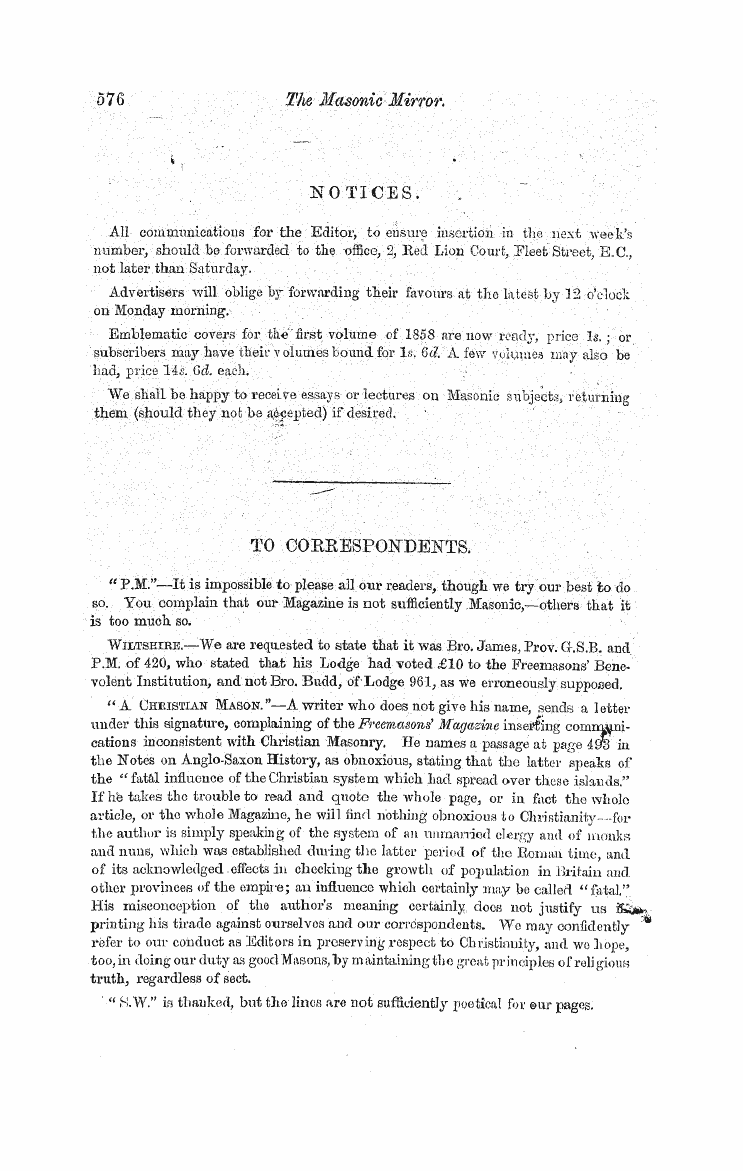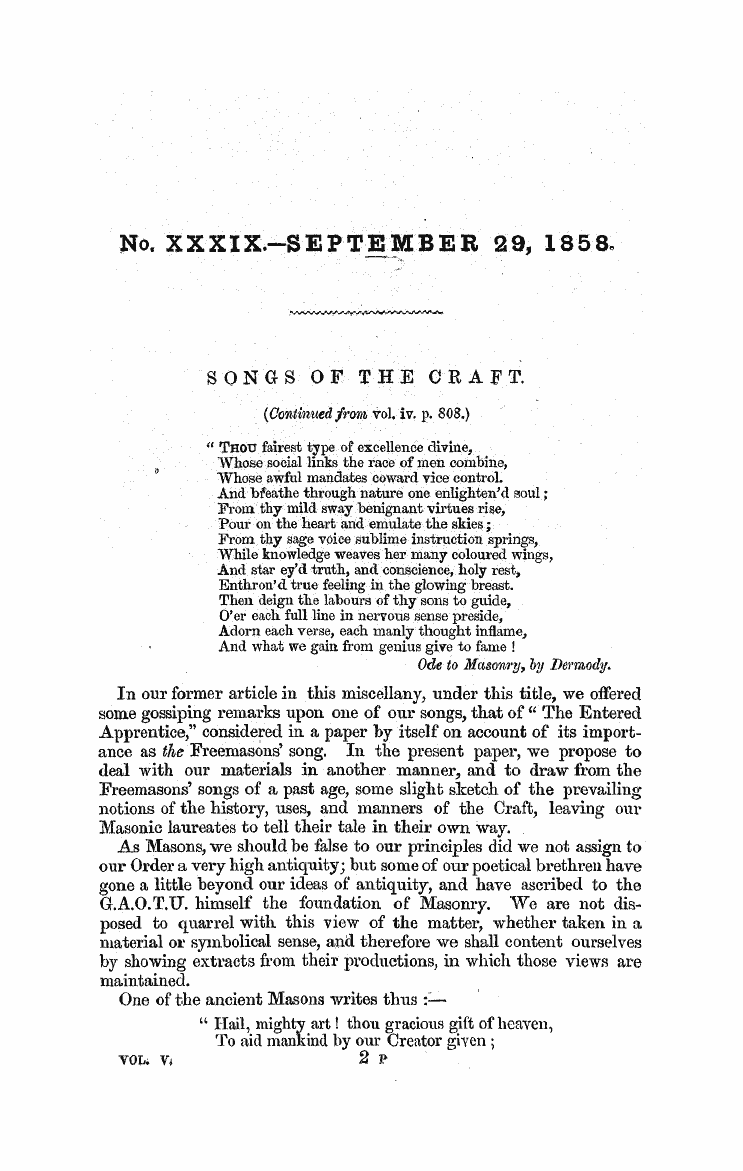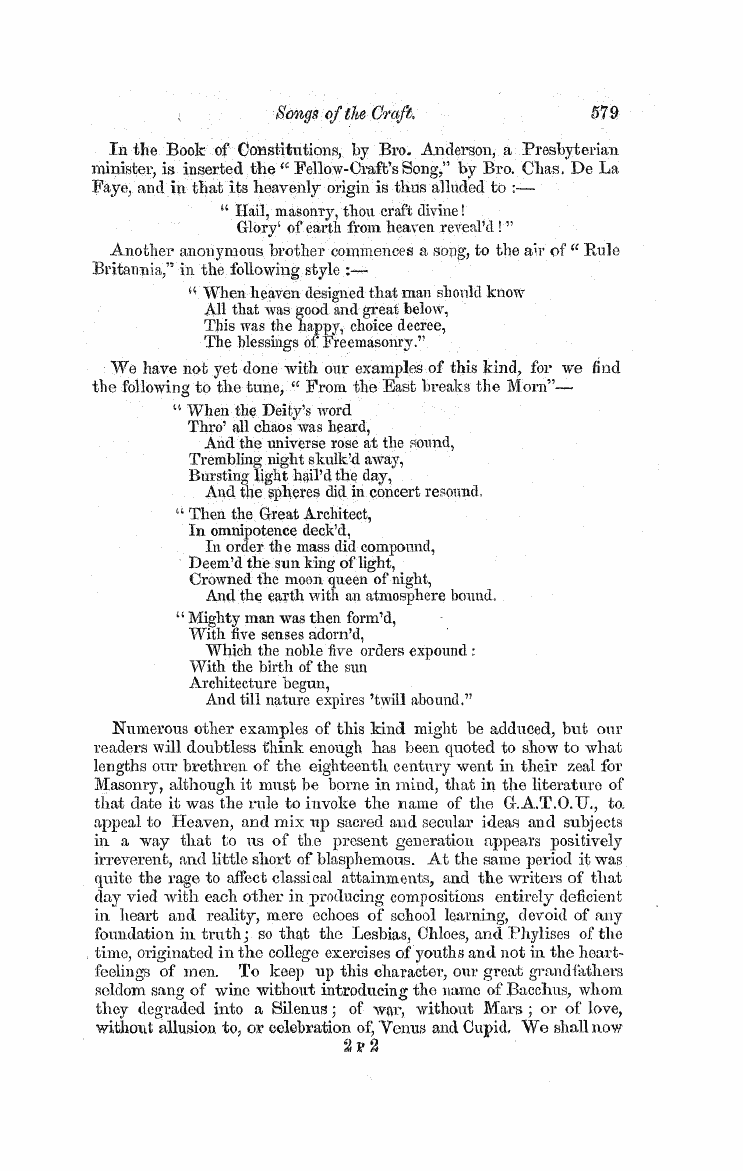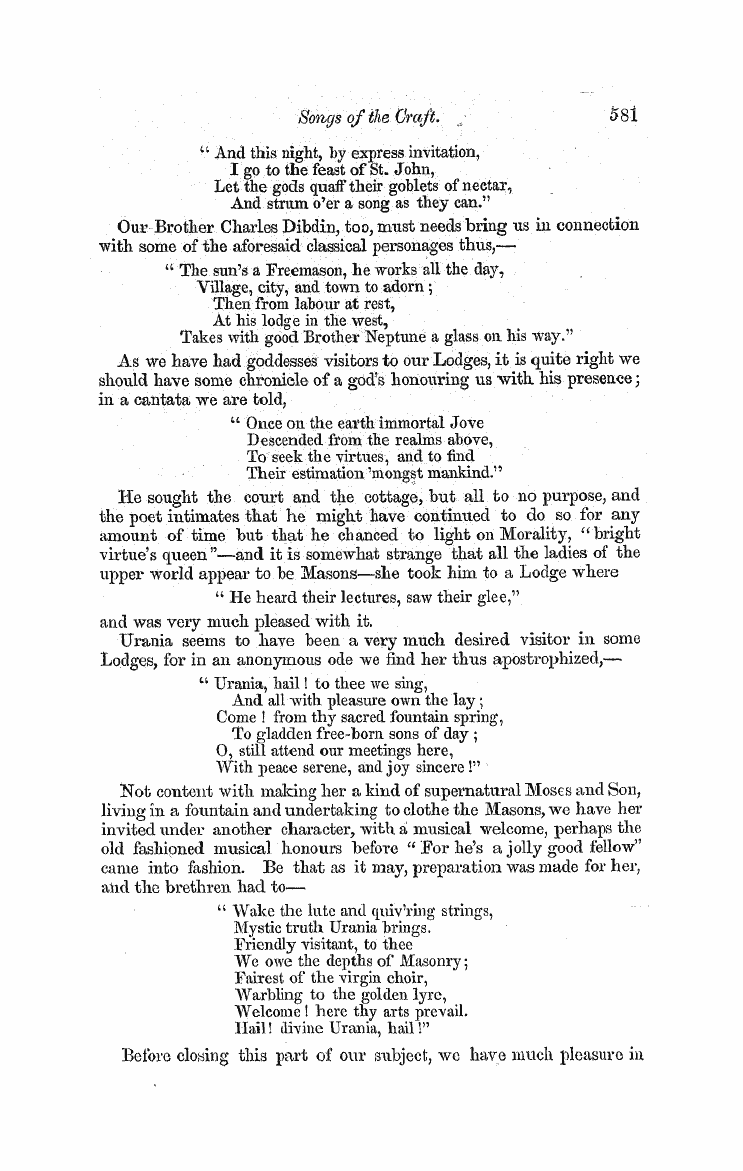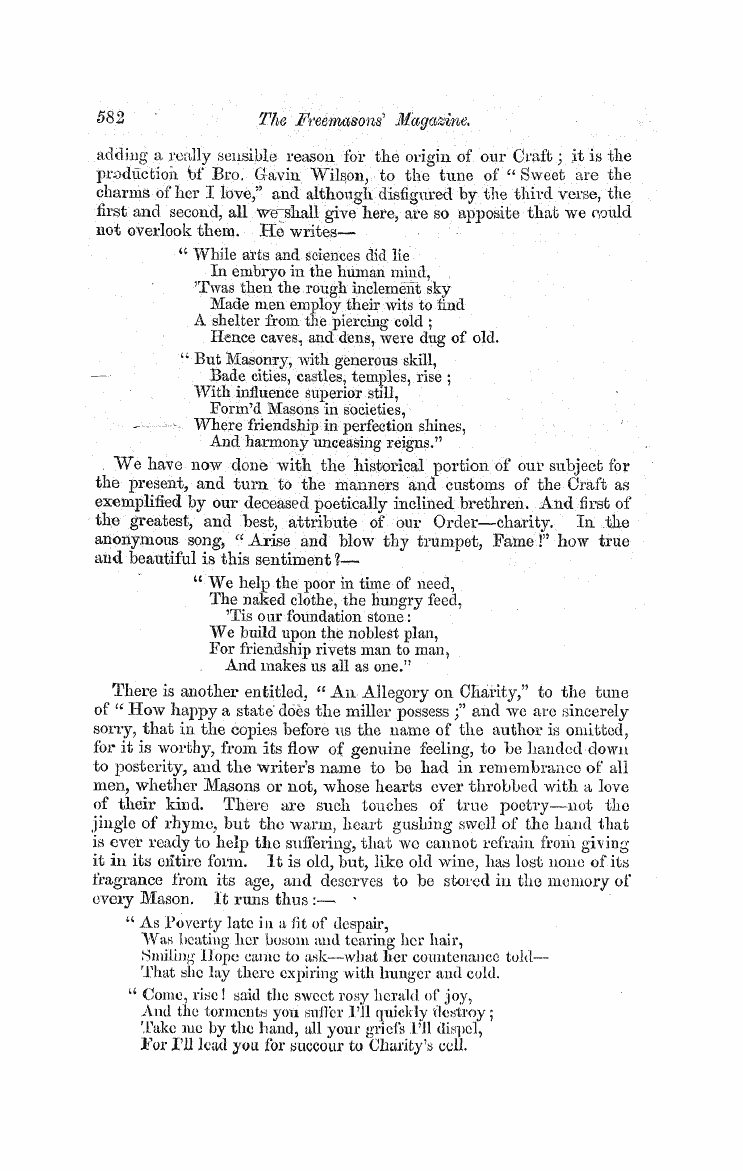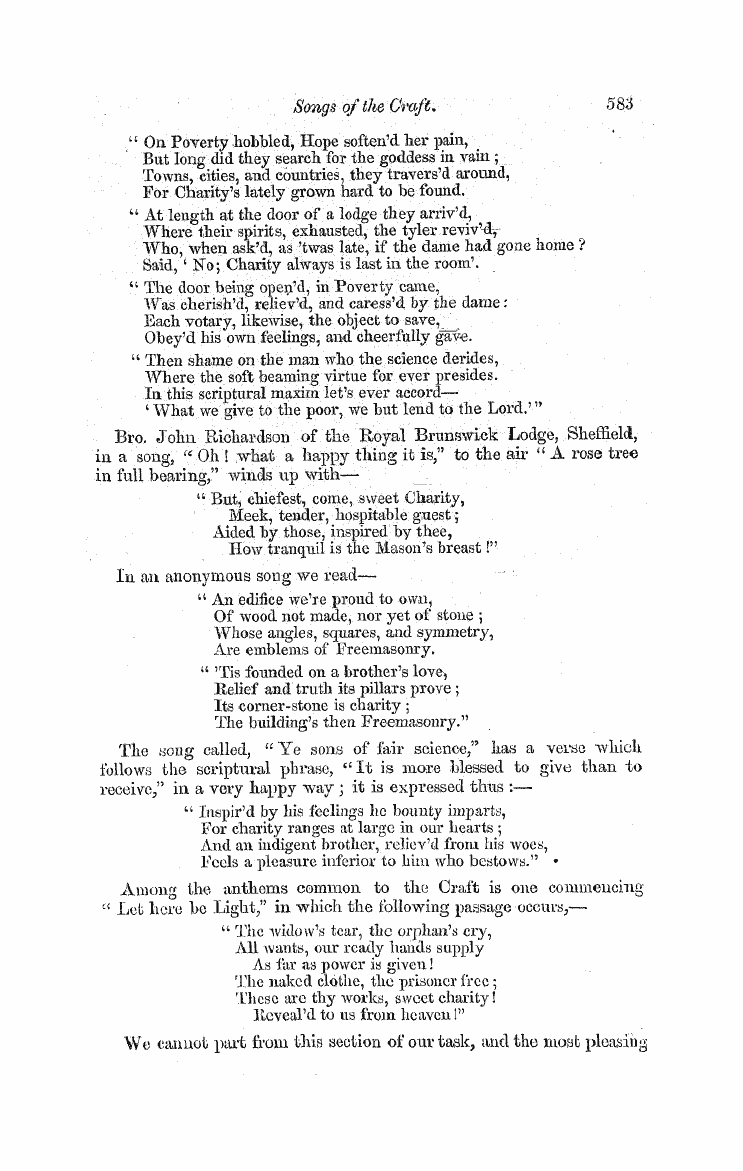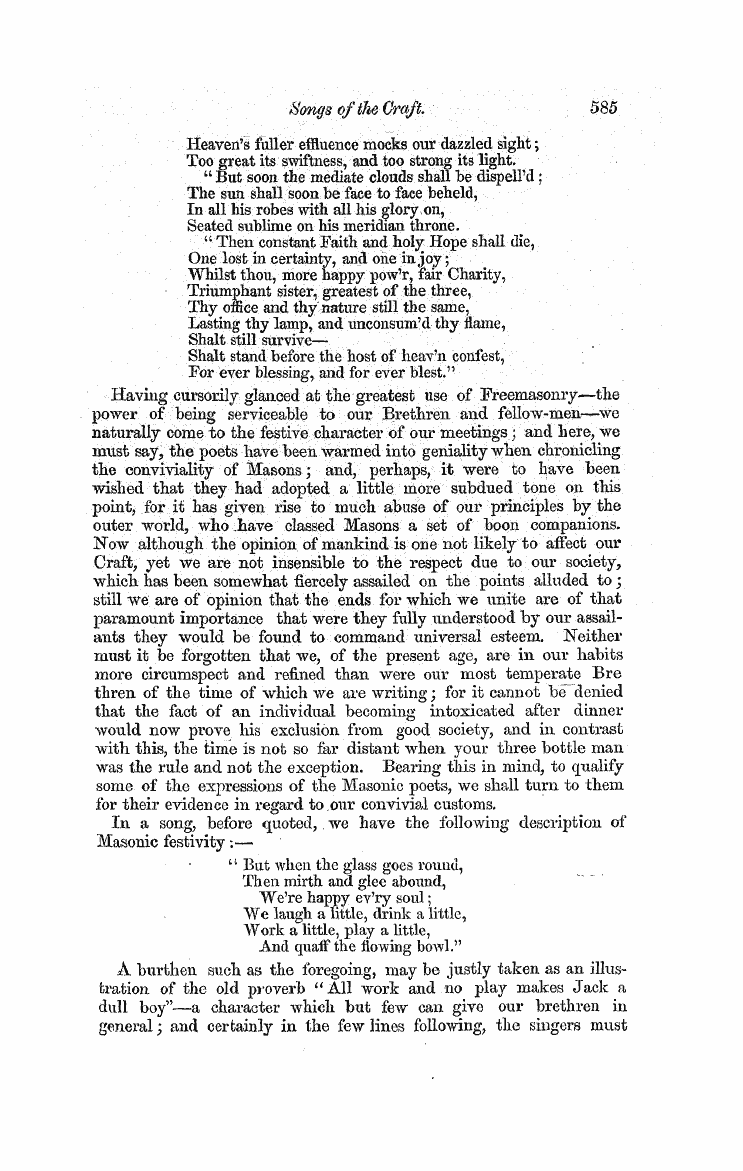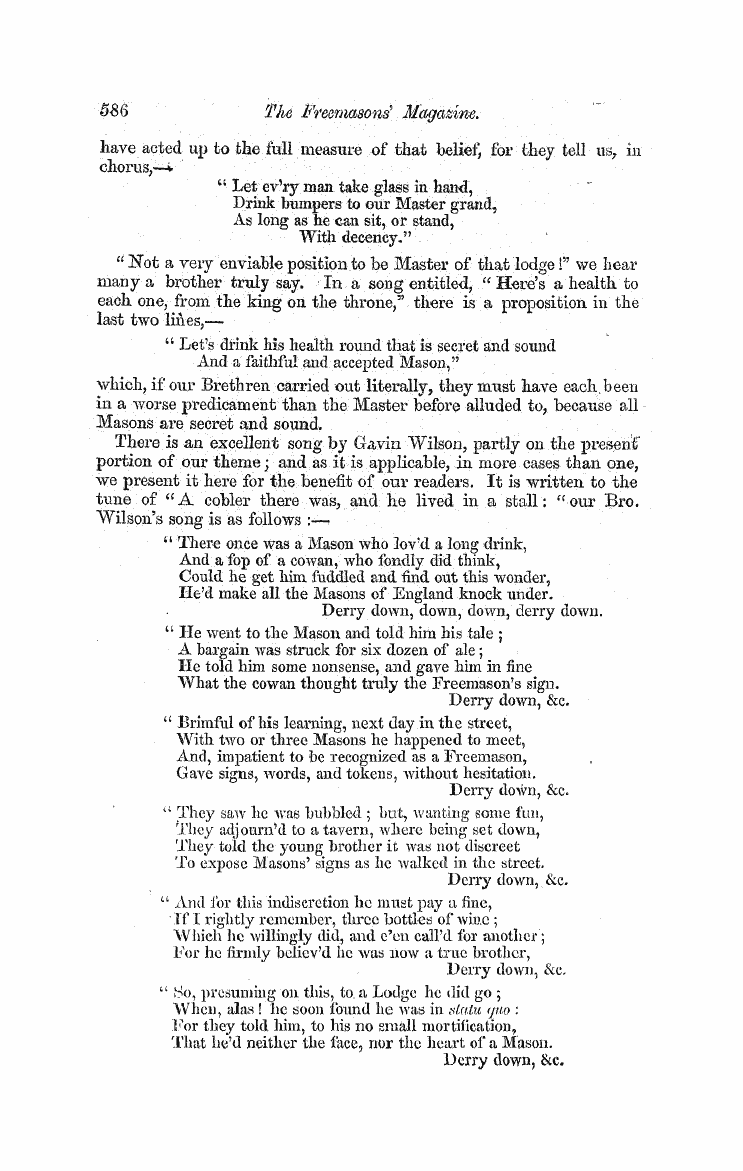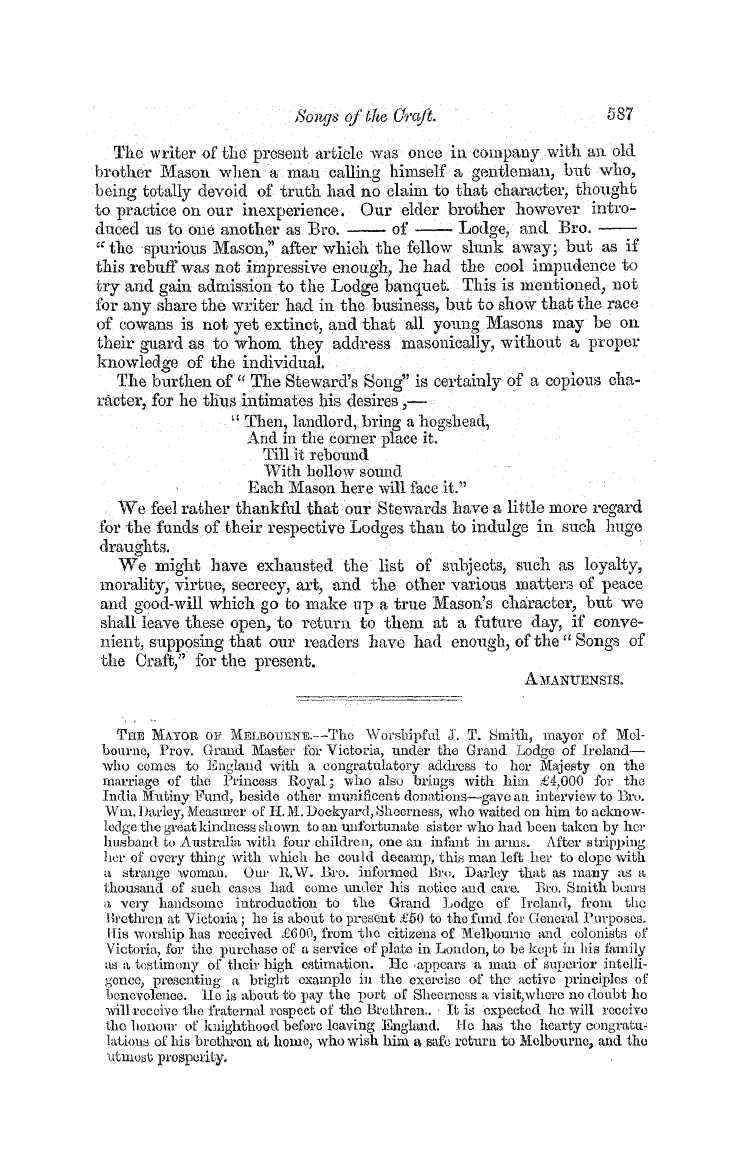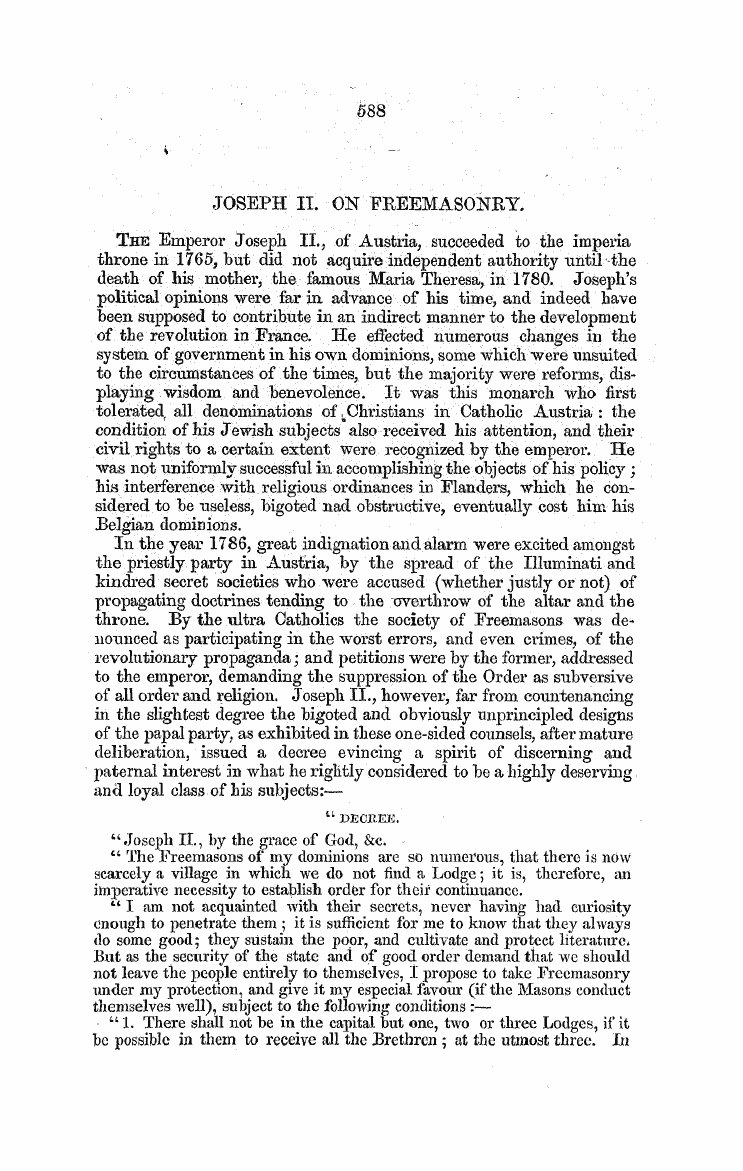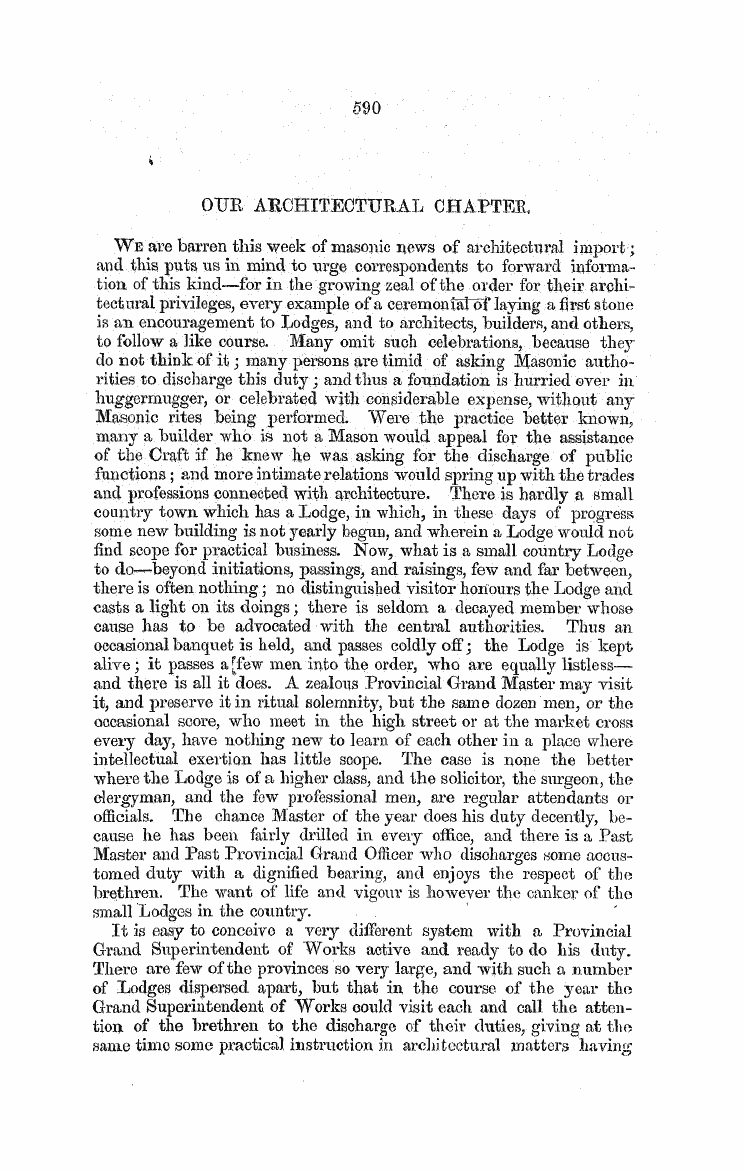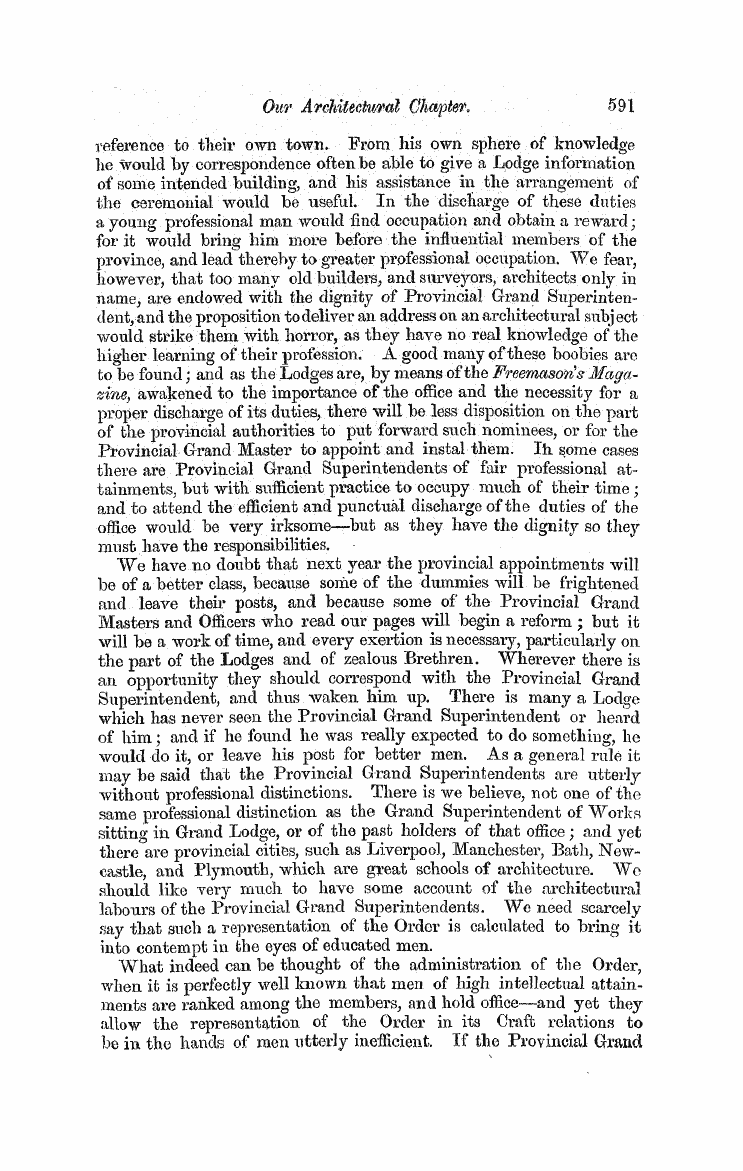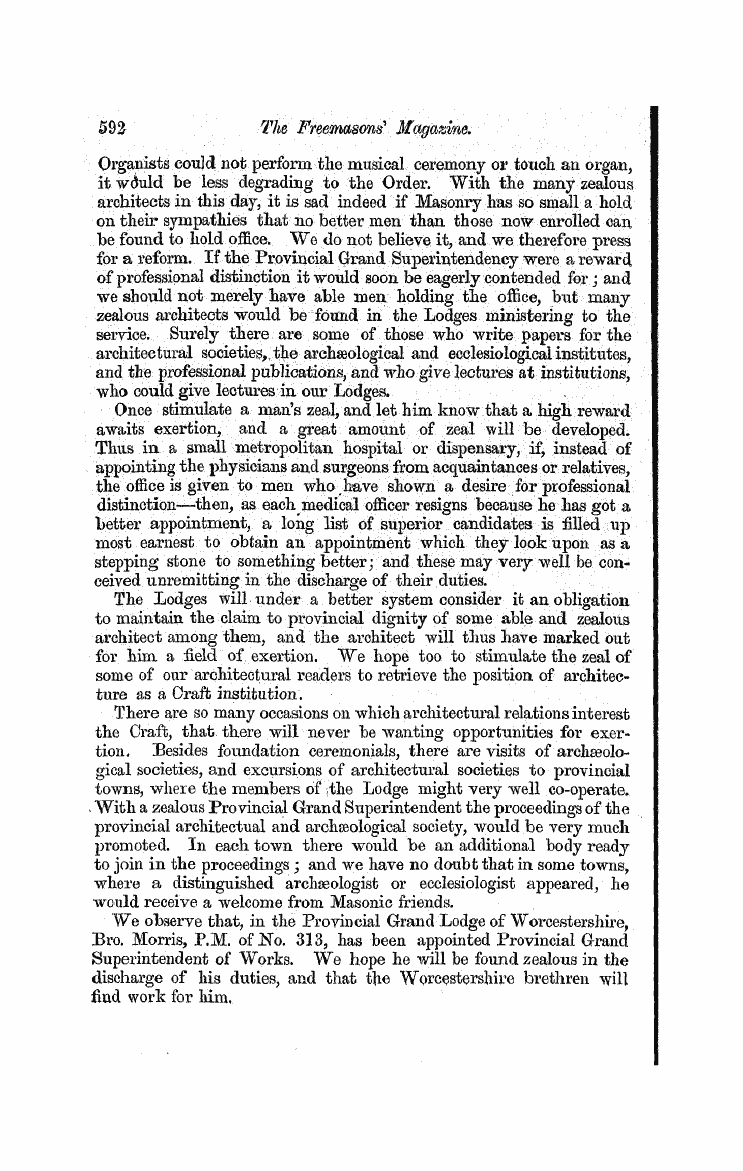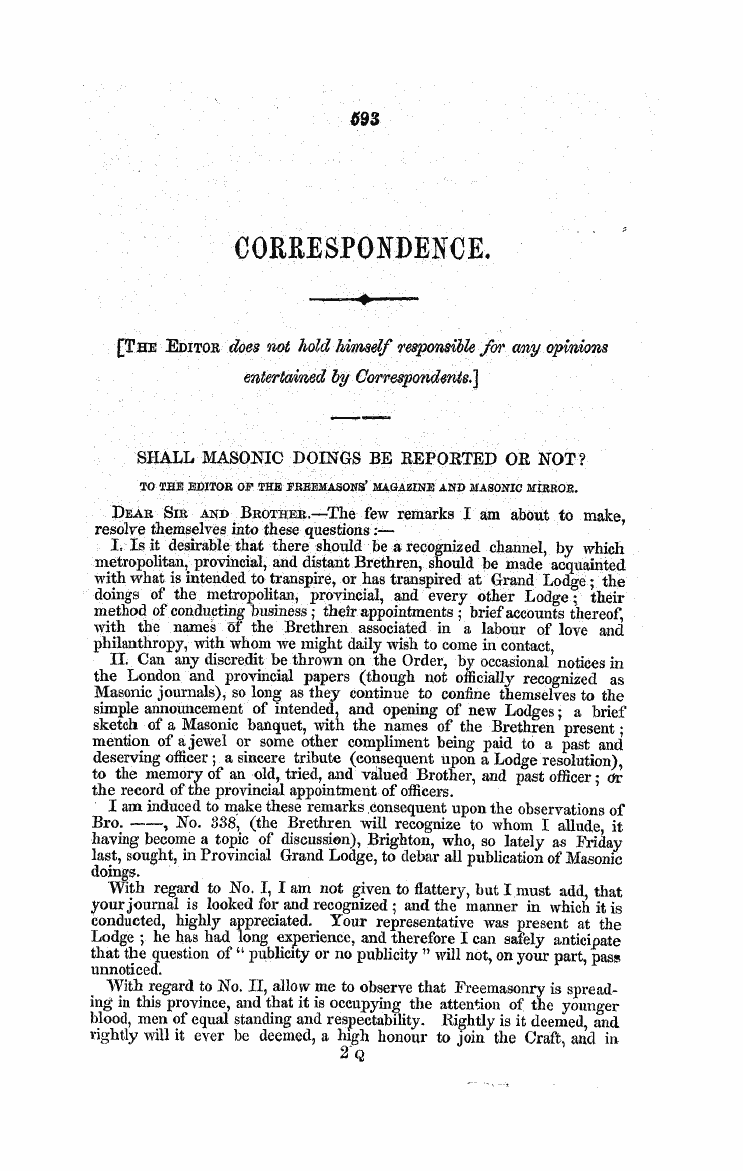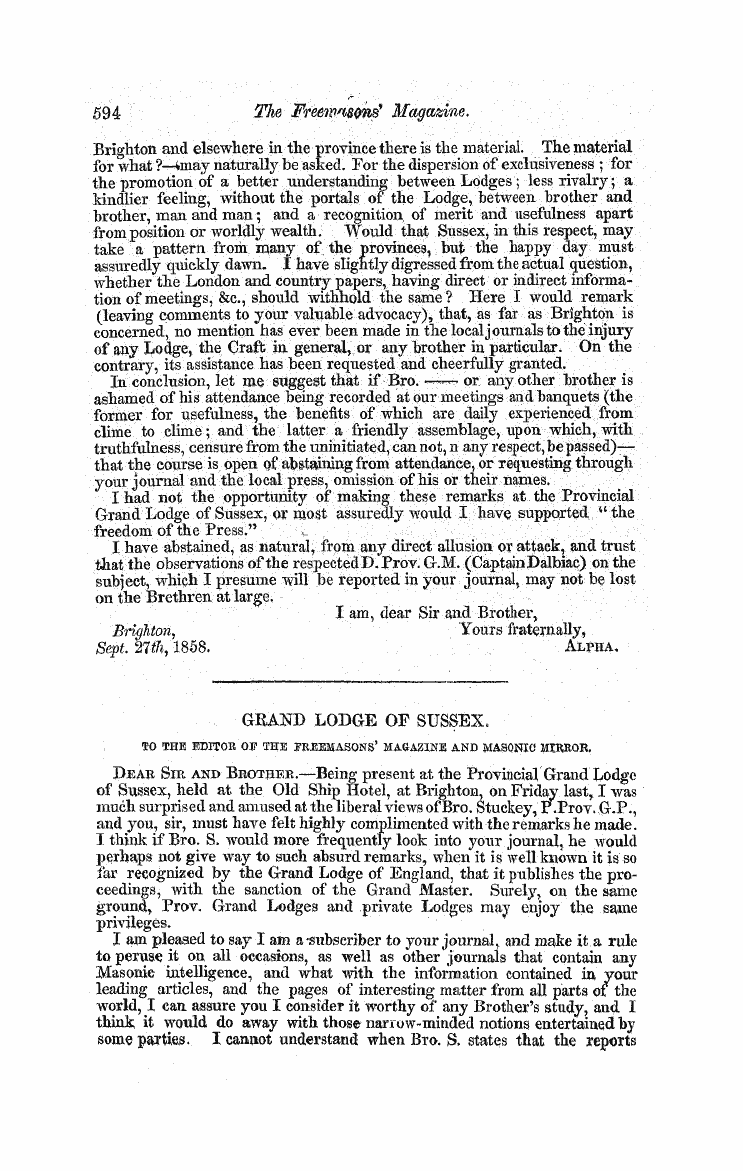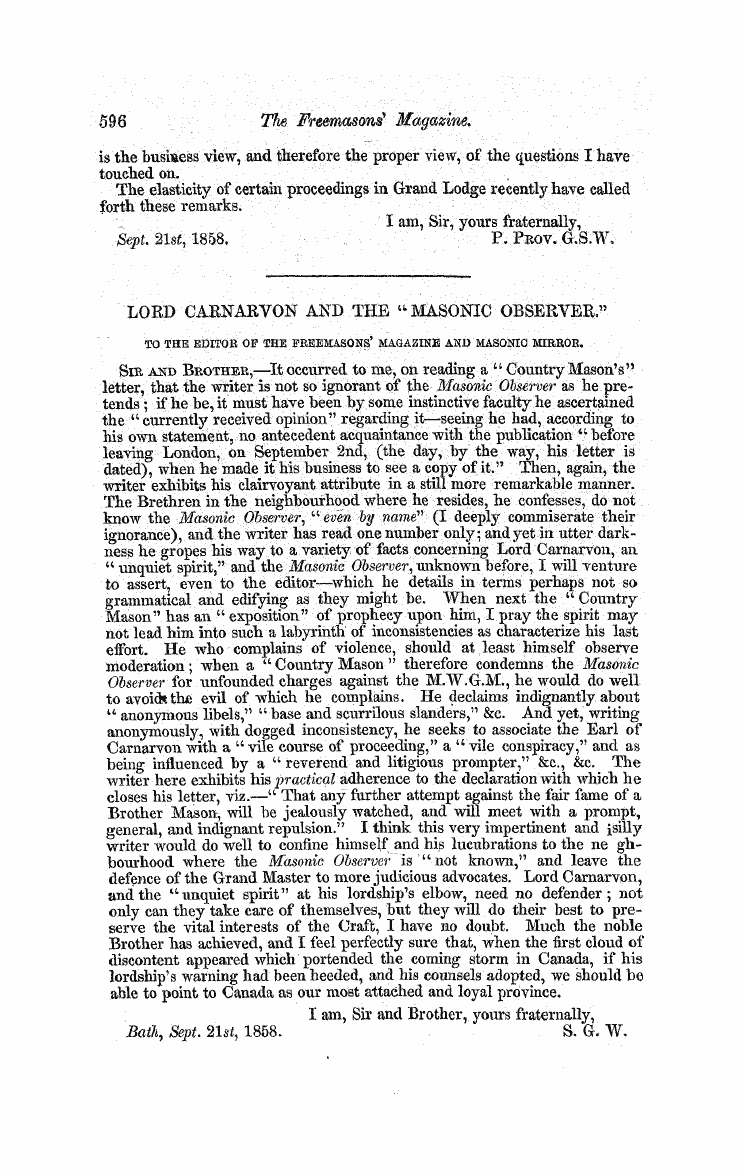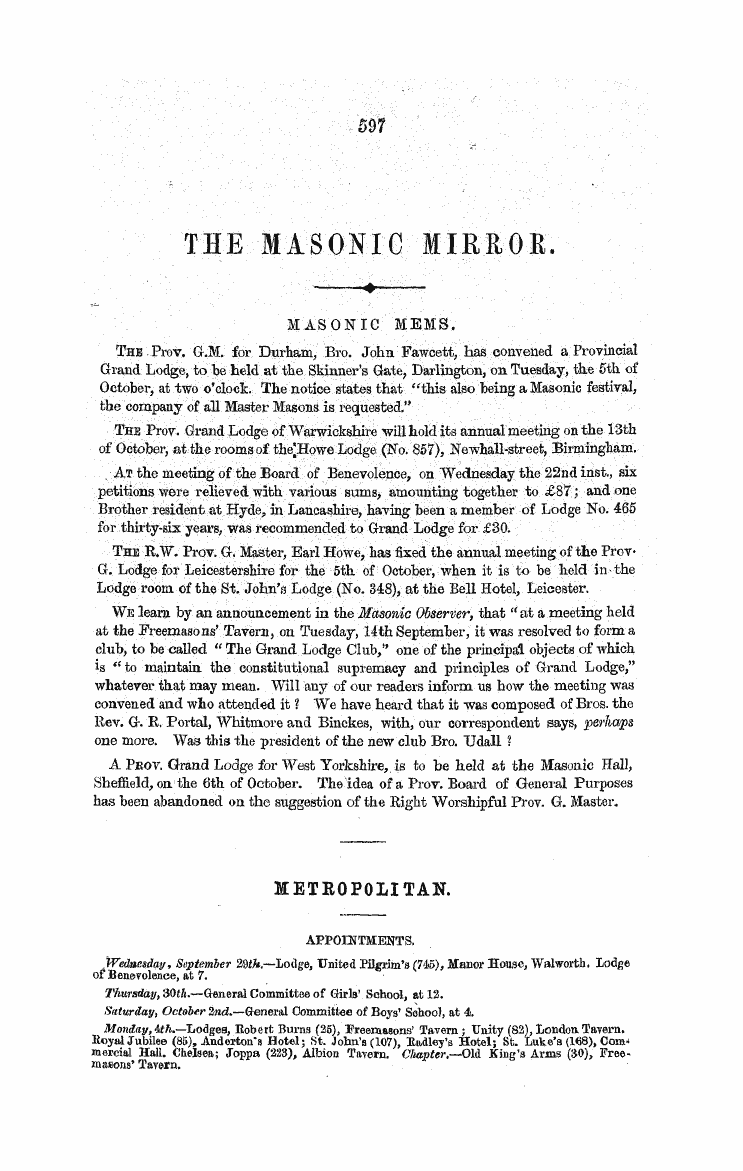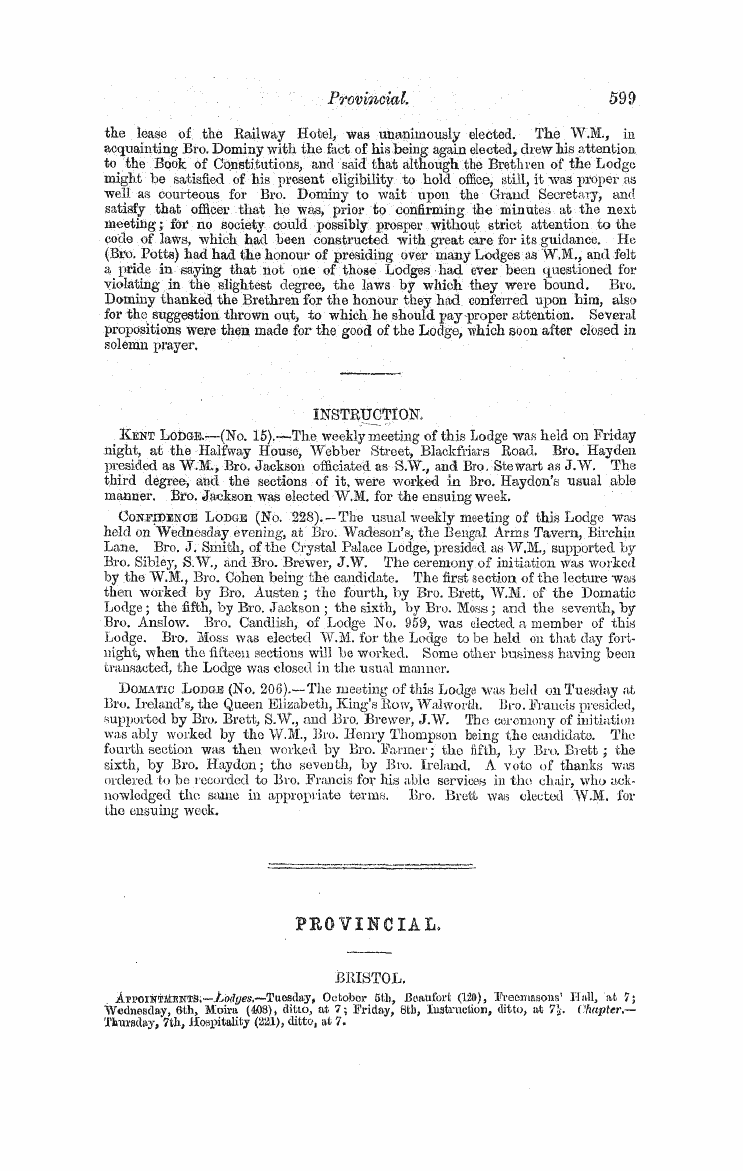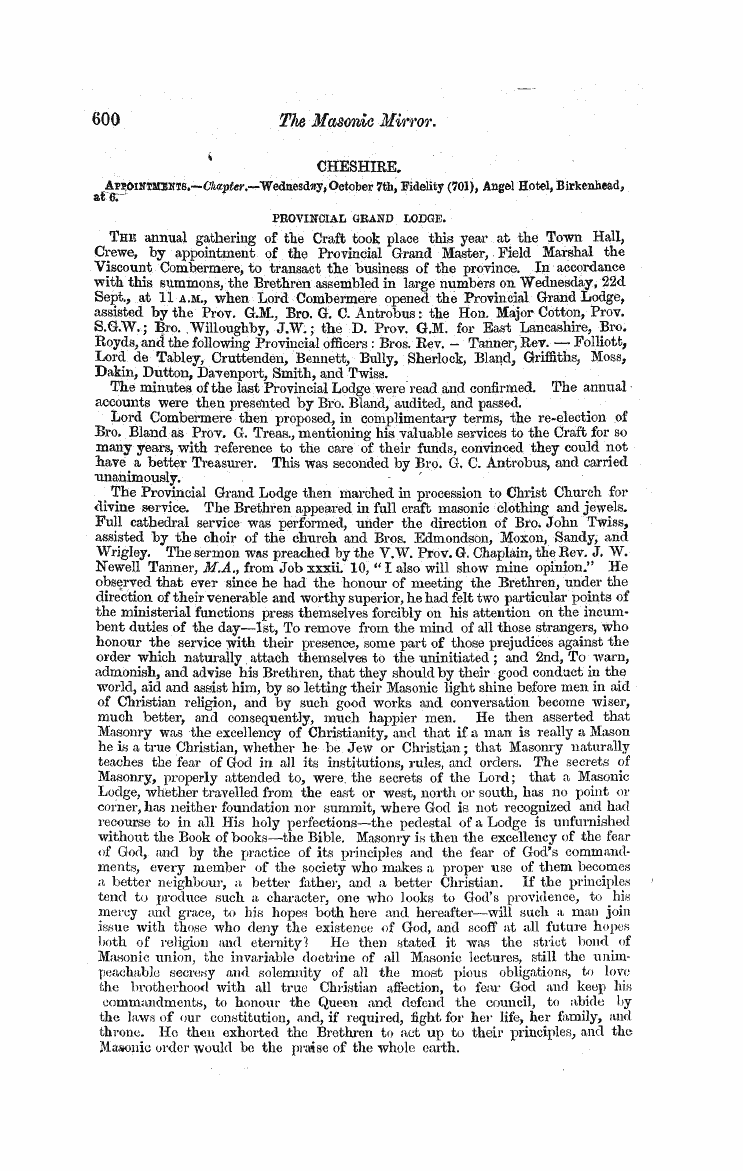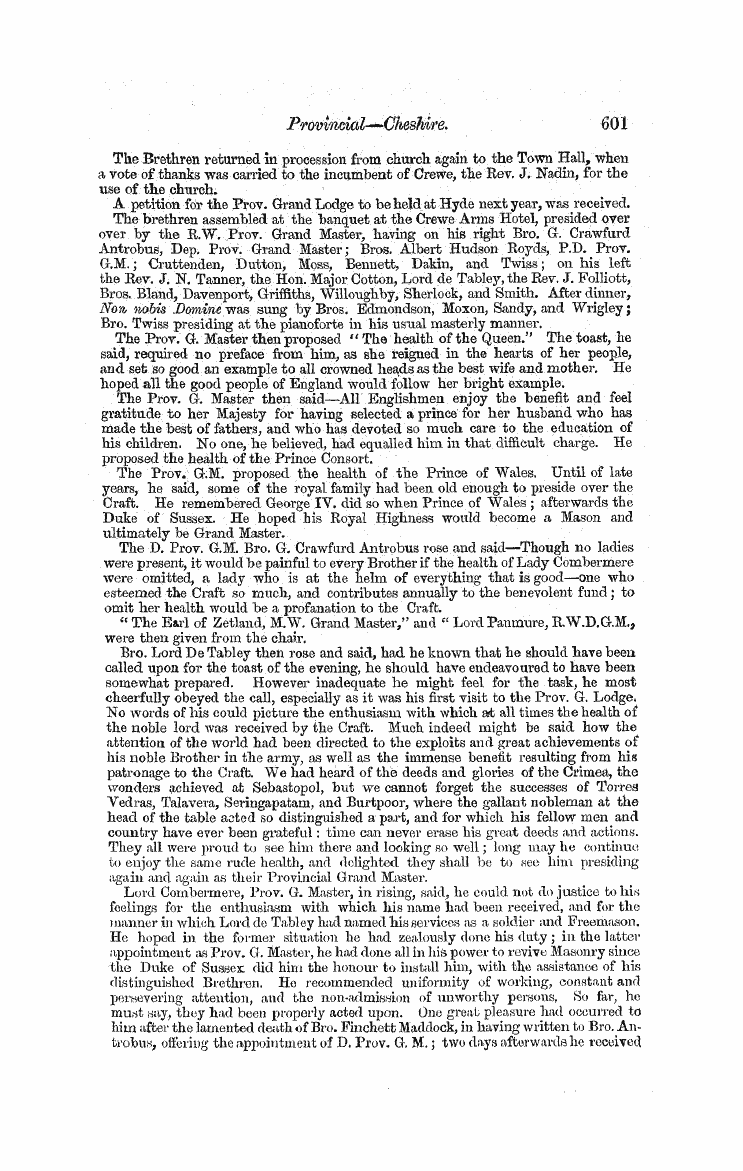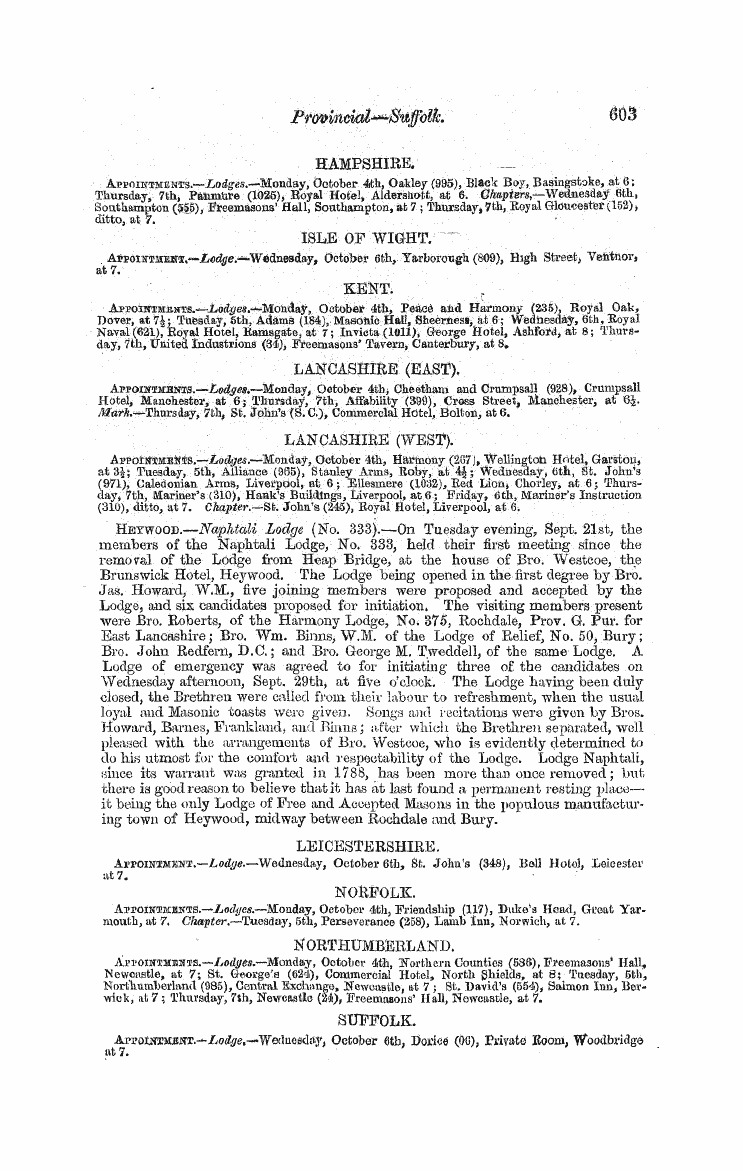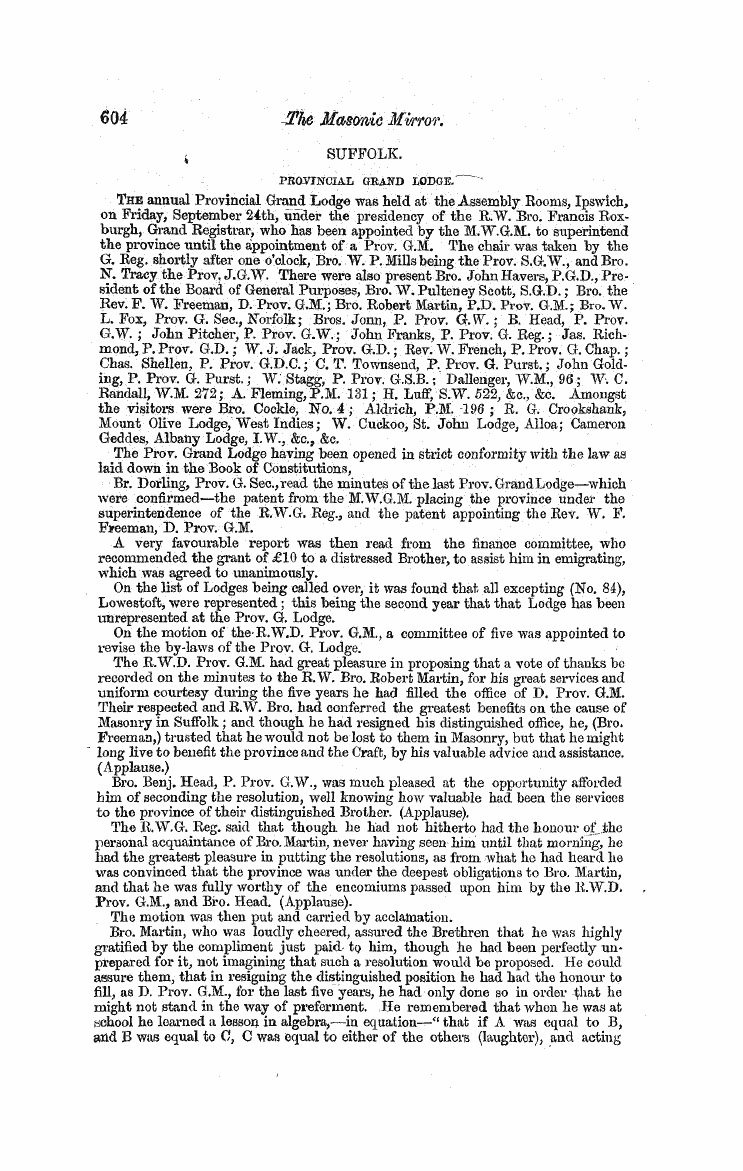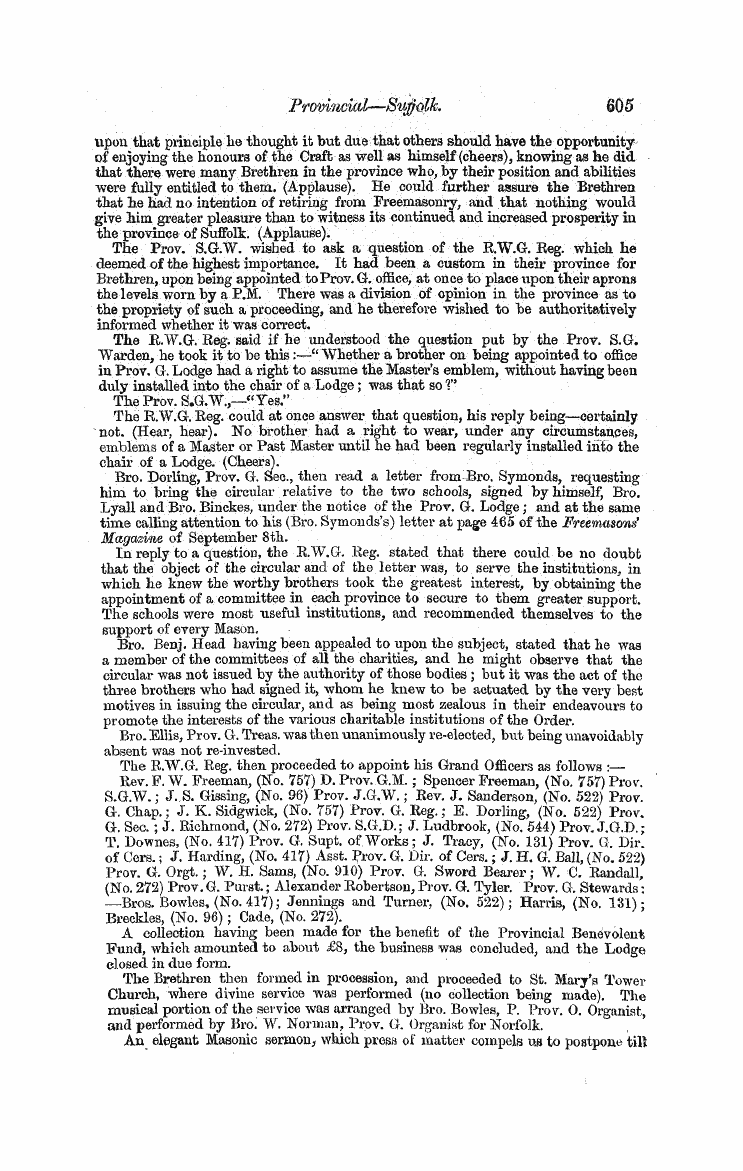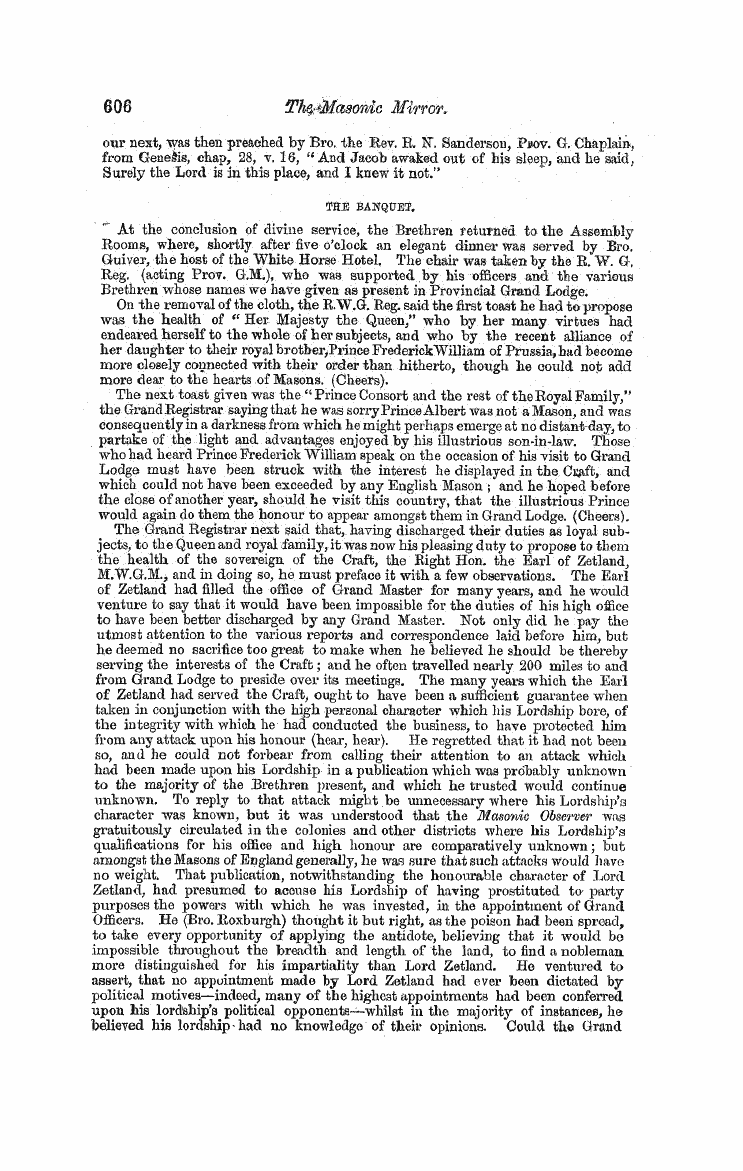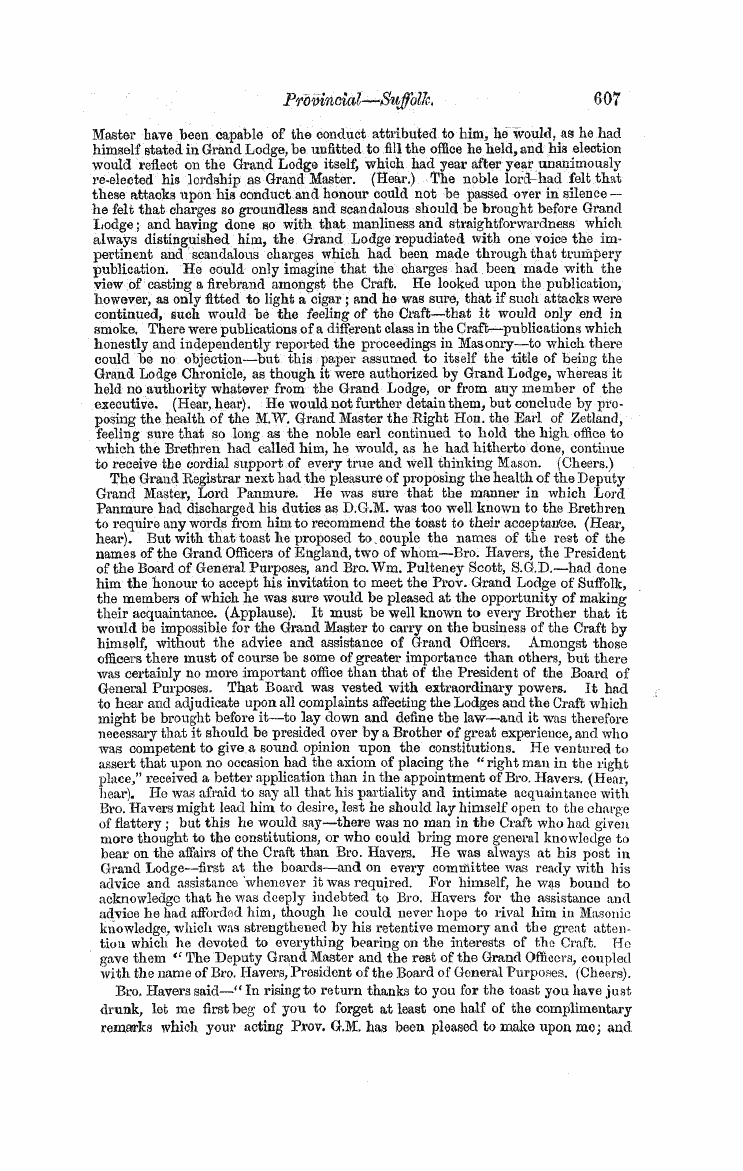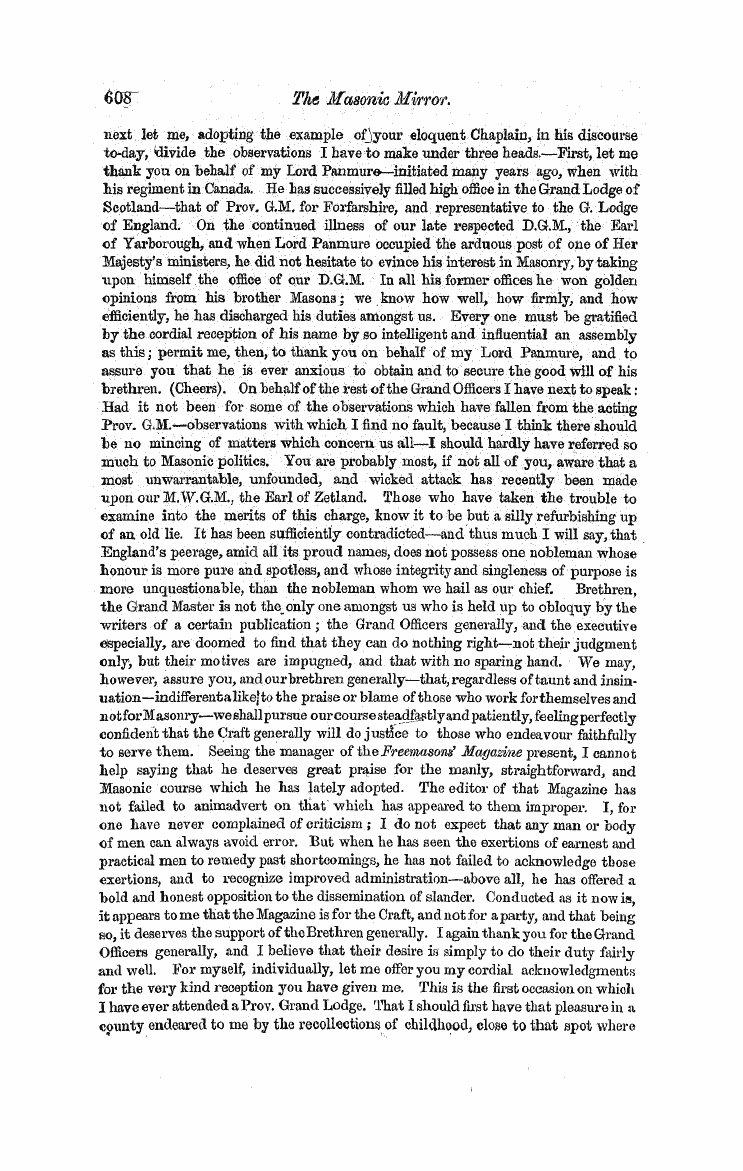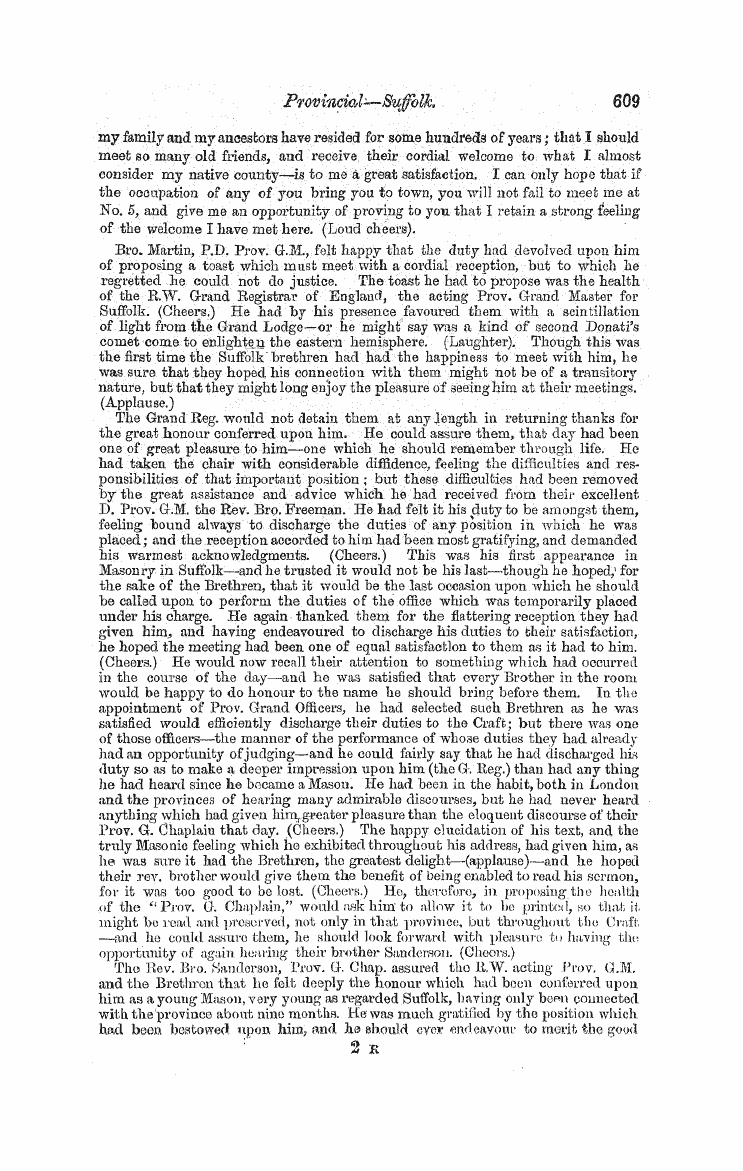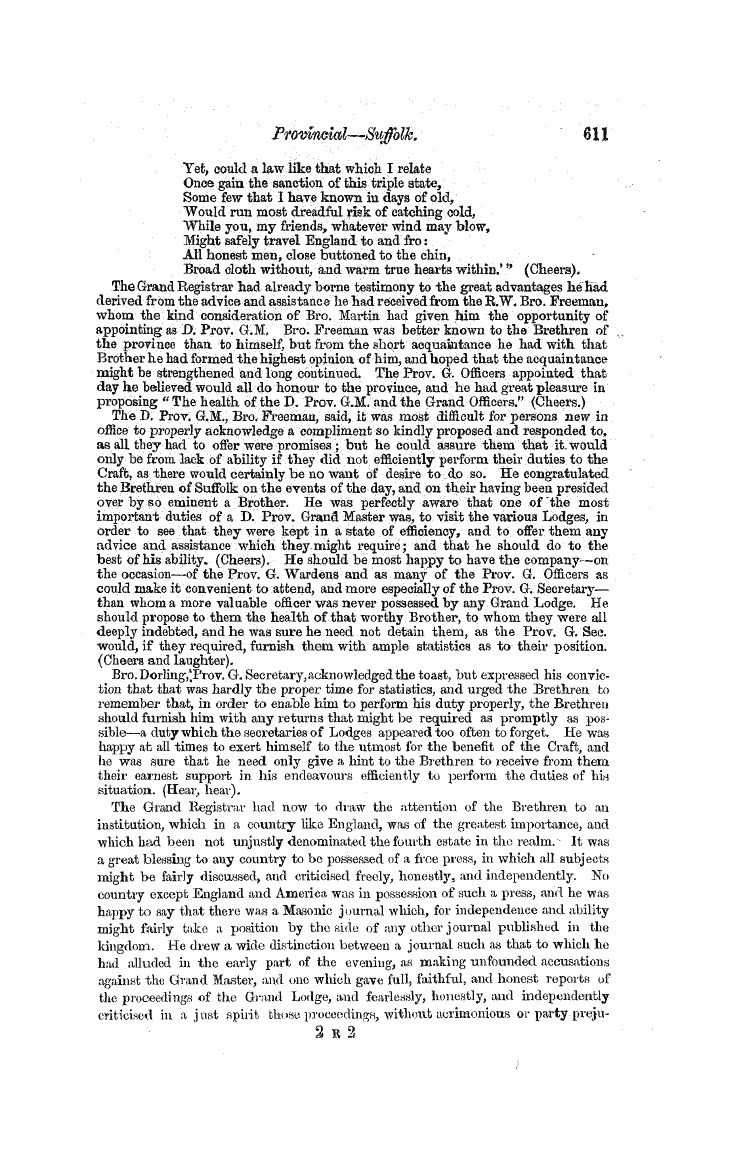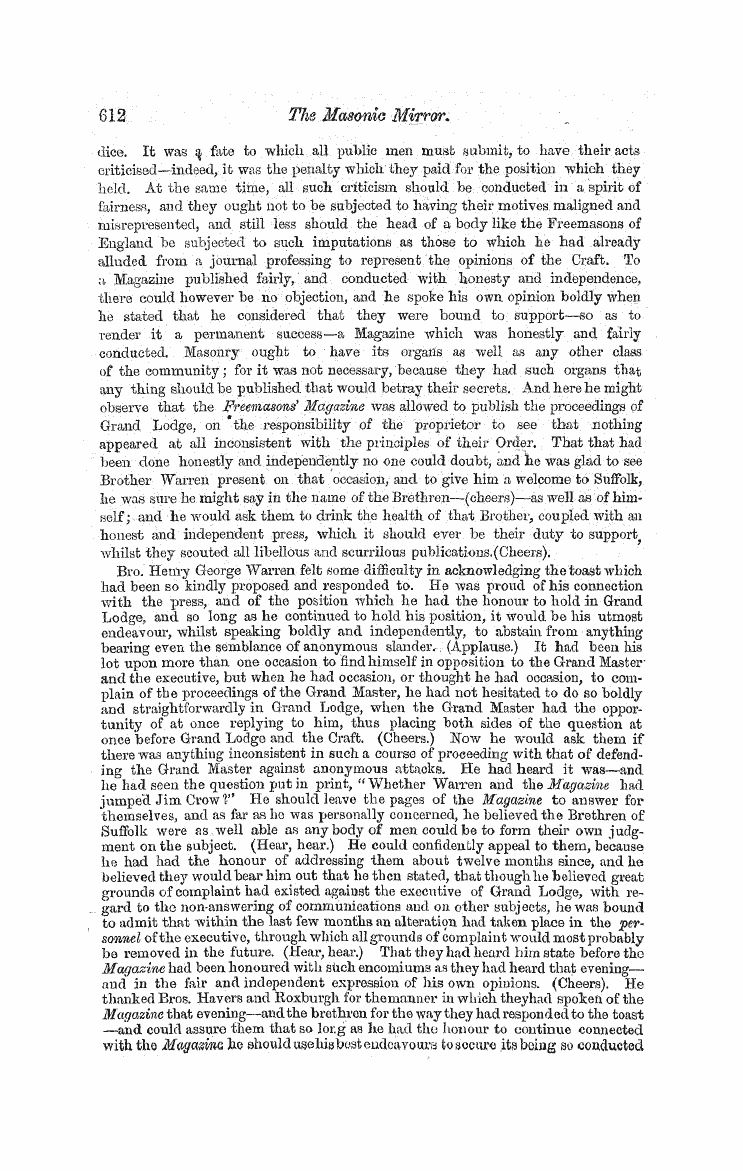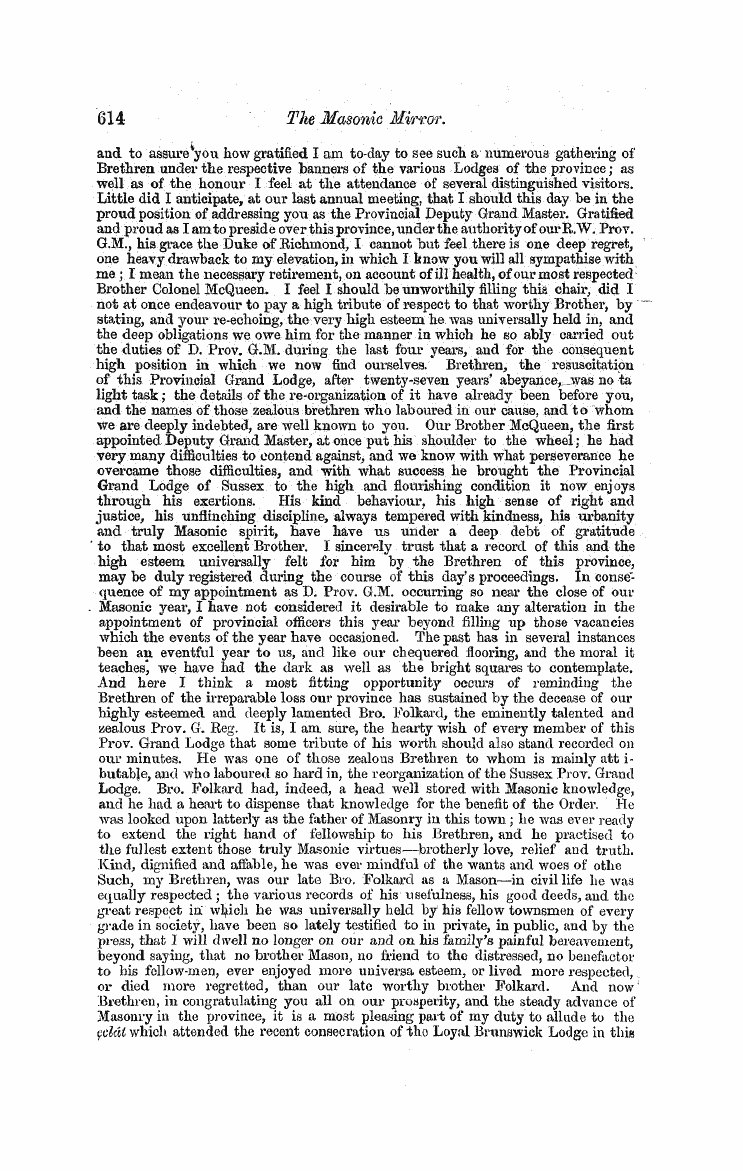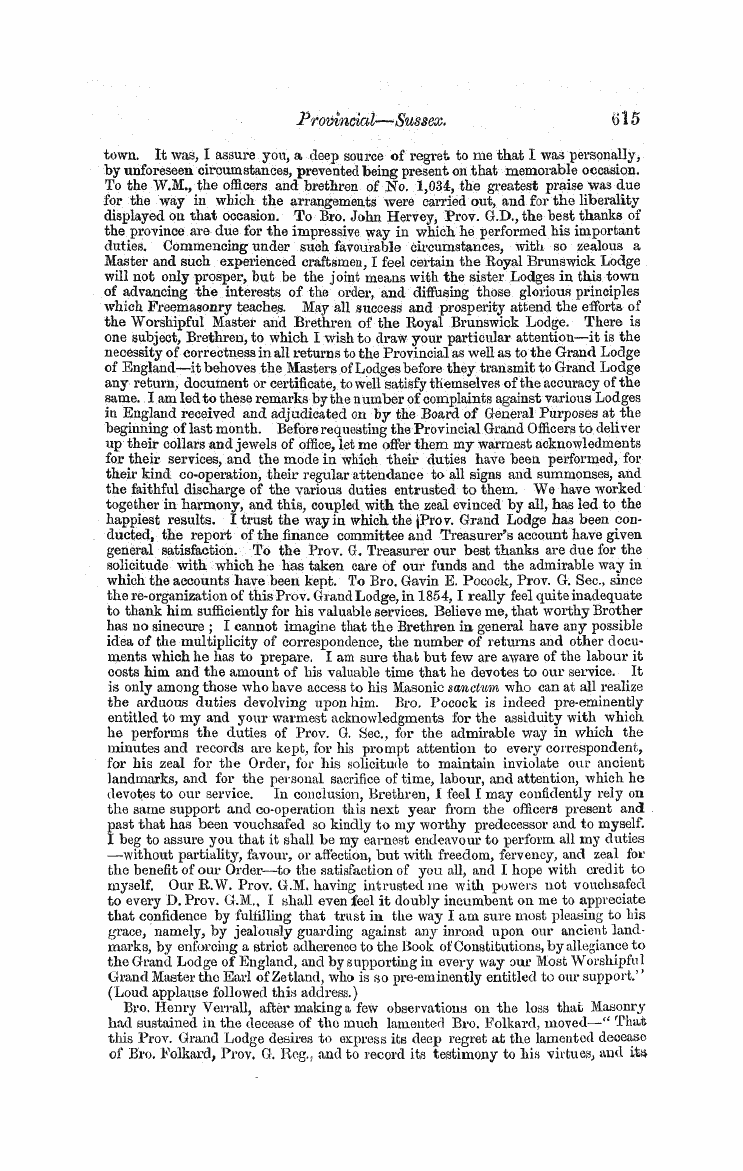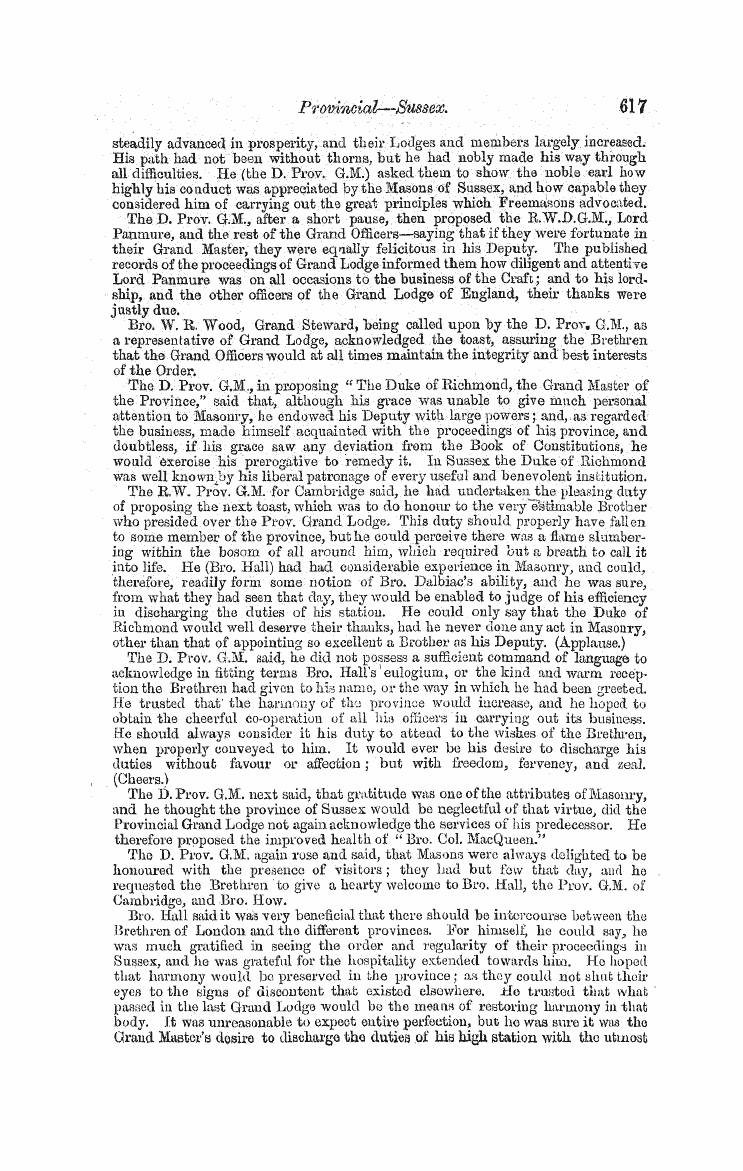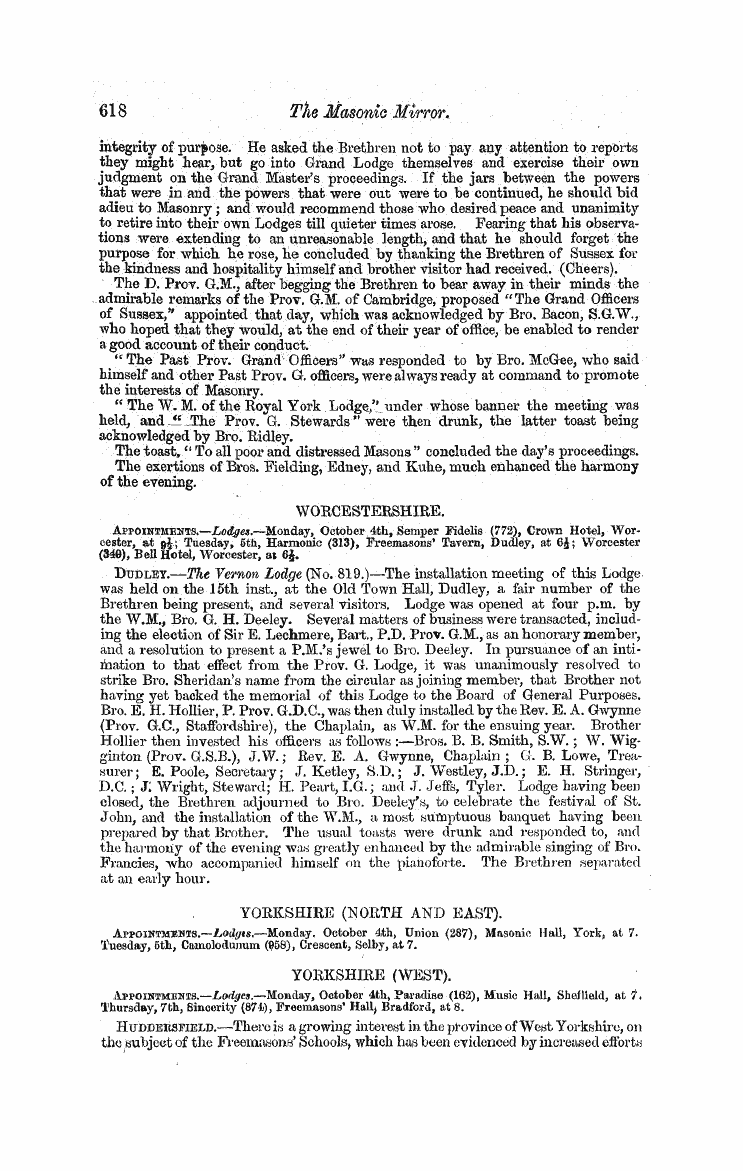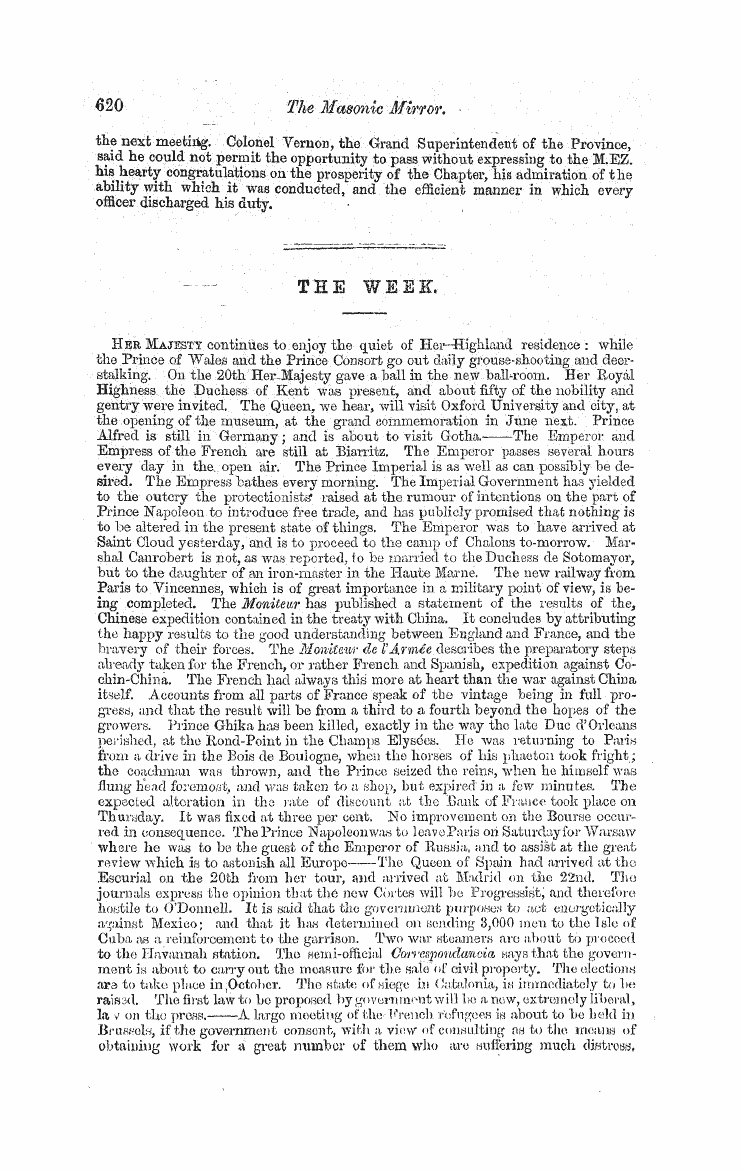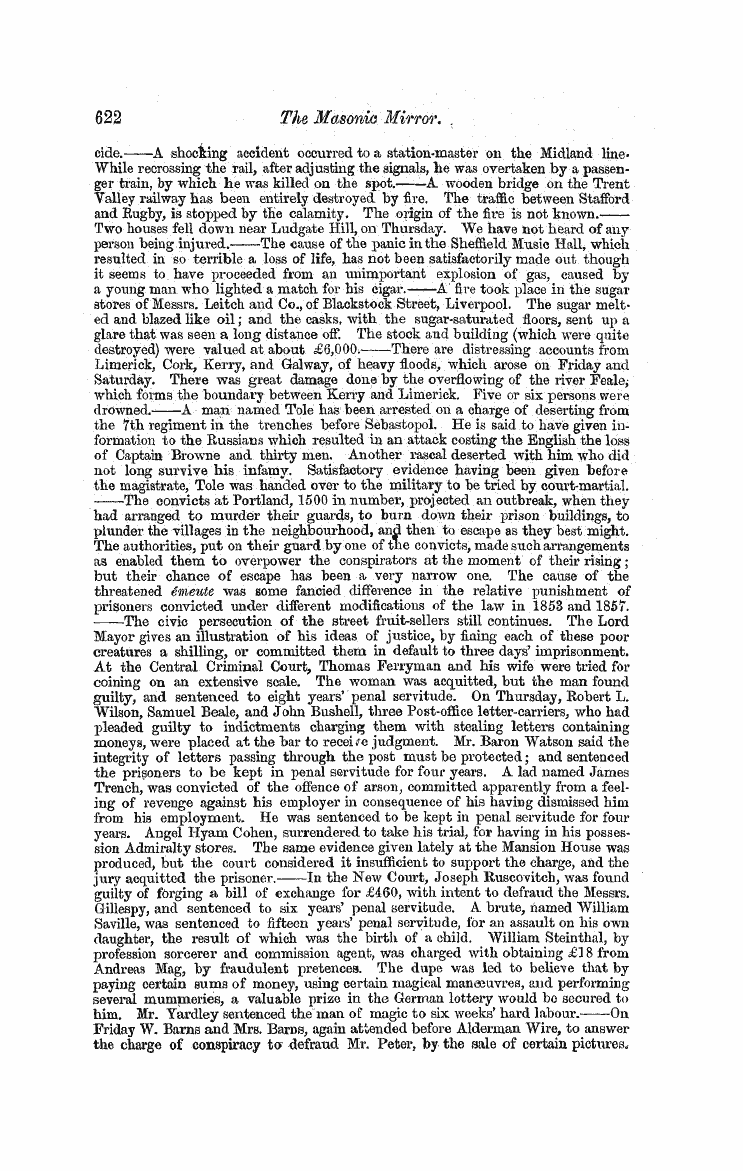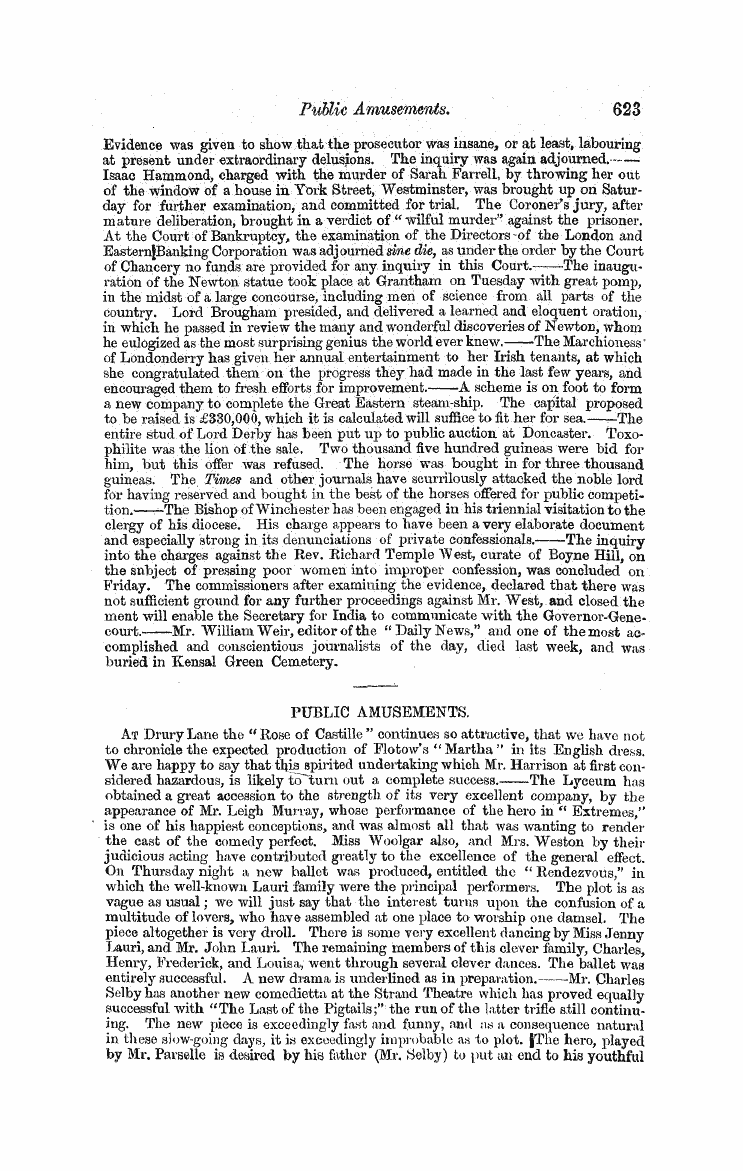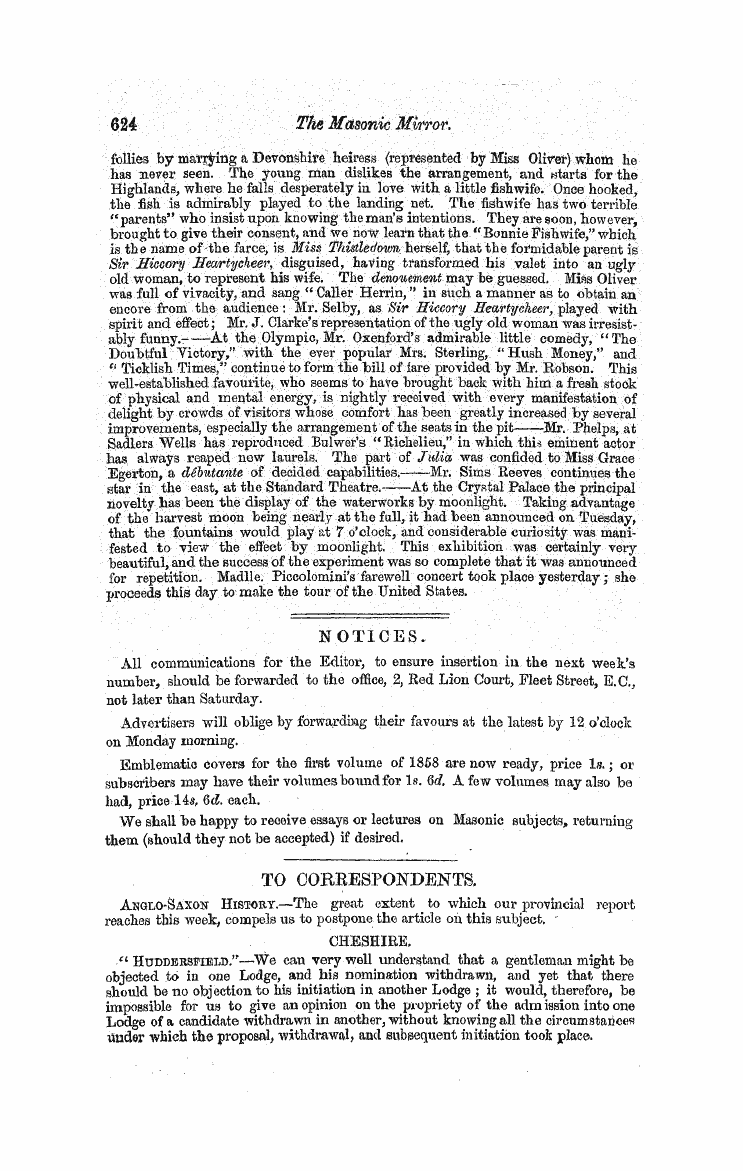Note: This text has been automatically extracted via Optical Character Recognition (OCR) software.
0!He Ang
slaughter for the sacrifices . In this manner , both sexes joined in the solemnity ( should we not rather say celebration , as a more general term , for solemnity it can scarcely be called in the usual acceptation of the word ) , and ran about the hills and plains , nodding their heads , dancing in ridiculous postures , and making the air resound with their shouts of " Evoe Bacche ! Io ! lo ! EvOe Iacche ! lo Bacche
Evoke !" With such rites were the festivals of Bacchus celebrated in Greece , especially in Athens . In one of these ceremonies there came in procession a number of persons carrying sacred vessels , one of which contained water . After these came a select number of noble virgins , carrying little golden baskets filled with fruit of all kinds . Serpents
were sometimes placed in these baskets , which crawled out and ahout them , giving an air of wild mystery to the proceedings ; and this ahd the various other adjuncts , made the wiiole train represent a population inspired and actuated by the powerful presence of the god . Next in order came a company of men bearing representations of the ^ fertility of nature , and singing
^ together dithyrambie choruses or hymns , addressed to the god , m the freest metres and abounding with the boldest imagery , in which his exploits and achievements were extolled : these songs were called the ( paXkiKa avfMvra . These men who were called the ty aXXofyopot , were crowned with ivy and violets , and had other plants and herbs hanging about their faces . Next to them , came the Wv < j ) cQ \ Xoi , in
women ' s apparel , with white striped garments reaching to the ground , their heads were decked with garlands , and their hands covered with flowers . In their gestures and actions , they too affected intoxication . Besides these , there were a number of persons called Xiicvofyopoi , who carried Xikvov or mystic van or fan , as it is sometimes called , of Bacchus .
It was also customary in some of the Bacchic processions , to carry a representation of the god . This was first of all , an image of bronze or other metal , carried in a chest , but afterwards a boy was substituted as the representative of Bacchus ; he was borne along in triumph in a chariot drawn by men dressed in skins to represent panthers and tigers , animals sacred to him , while bucks and goats sported round him .
To this Horace doubtless intended an allusion , when he speaks ( Lib . III . Od . iii . 13—15 ) of Bacchus as being drawn to Heaven by tigers— « Te merentem , Bacche pater , tua ? Vexere tigres , indocili jugum Collo trahentes "
and the poet Dryden speaks of his perpetual youth , in his " Alexander ' s Feast . "u Now give the hautboys breath , he comes , he comes , Bacchus , ever fair and young / ' & c .
Note: This text has been automatically extracted via Optical Character Recognition (OCR) software.
0!He Ang
slaughter for the sacrifices . In this manner , both sexes joined in the solemnity ( should we not rather say celebration , as a more general term , for solemnity it can scarcely be called in the usual acceptation of the word ) , and ran about the hills and plains , nodding their heads , dancing in ridiculous postures , and making the air resound with their shouts of " Evoe Bacche ! Io ! lo ! EvOe Iacche ! lo Bacche
Evoke !" With such rites were the festivals of Bacchus celebrated in Greece , especially in Athens . In one of these ceremonies there came in procession a number of persons carrying sacred vessels , one of which contained water . After these came a select number of noble virgins , carrying little golden baskets filled with fruit of all kinds . Serpents
were sometimes placed in these baskets , which crawled out and ahout them , giving an air of wild mystery to the proceedings ; and this ahd the various other adjuncts , made the wiiole train represent a population inspired and actuated by the powerful presence of the god . Next in order came a company of men bearing representations of the ^ fertility of nature , and singing
^ together dithyrambie choruses or hymns , addressed to the god , m the freest metres and abounding with the boldest imagery , in which his exploits and achievements were extolled : these songs were called the ( paXkiKa avfMvra . These men who were called the ty aXXofyopot , were crowned with ivy and violets , and had other plants and herbs hanging about their faces . Next to them , came the Wv < j ) cQ \ Xoi , in
women ' s apparel , with white striped garments reaching to the ground , their heads were decked with garlands , and their hands covered with flowers . In their gestures and actions , they too affected intoxication . Besides these , there were a number of persons called Xiicvofyopoi , who carried Xikvov or mystic van or fan , as it is sometimes called , of Bacchus .
It was also customary in some of the Bacchic processions , to carry a representation of the god . This was first of all , an image of bronze or other metal , carried in a chest , but afterwards a boy was substituted as the representative of Bacchus ; he was borne along in triumph in a chariot drawn by men dressed in skins to represent panthers and tigers , animals sacred to him , while bucks and goats sported round him .
To this Horace doubtless intended an allusion , when he speaks ( Lib . III . Od . iii . 13—15 ) of Bacchus as being drawn to Heaven by tigers— « Te merentem , Bacche pater , tua ? Vexere tigres , indocili jugum Collo trahentes "
and the poet Dryden speaks of his perpetual youth , in his " Alexander ' s Feast . "u Now give the hautboys breath , he comes , he comes , Bacchus , ever fair and young / ' & c .































































































































































































